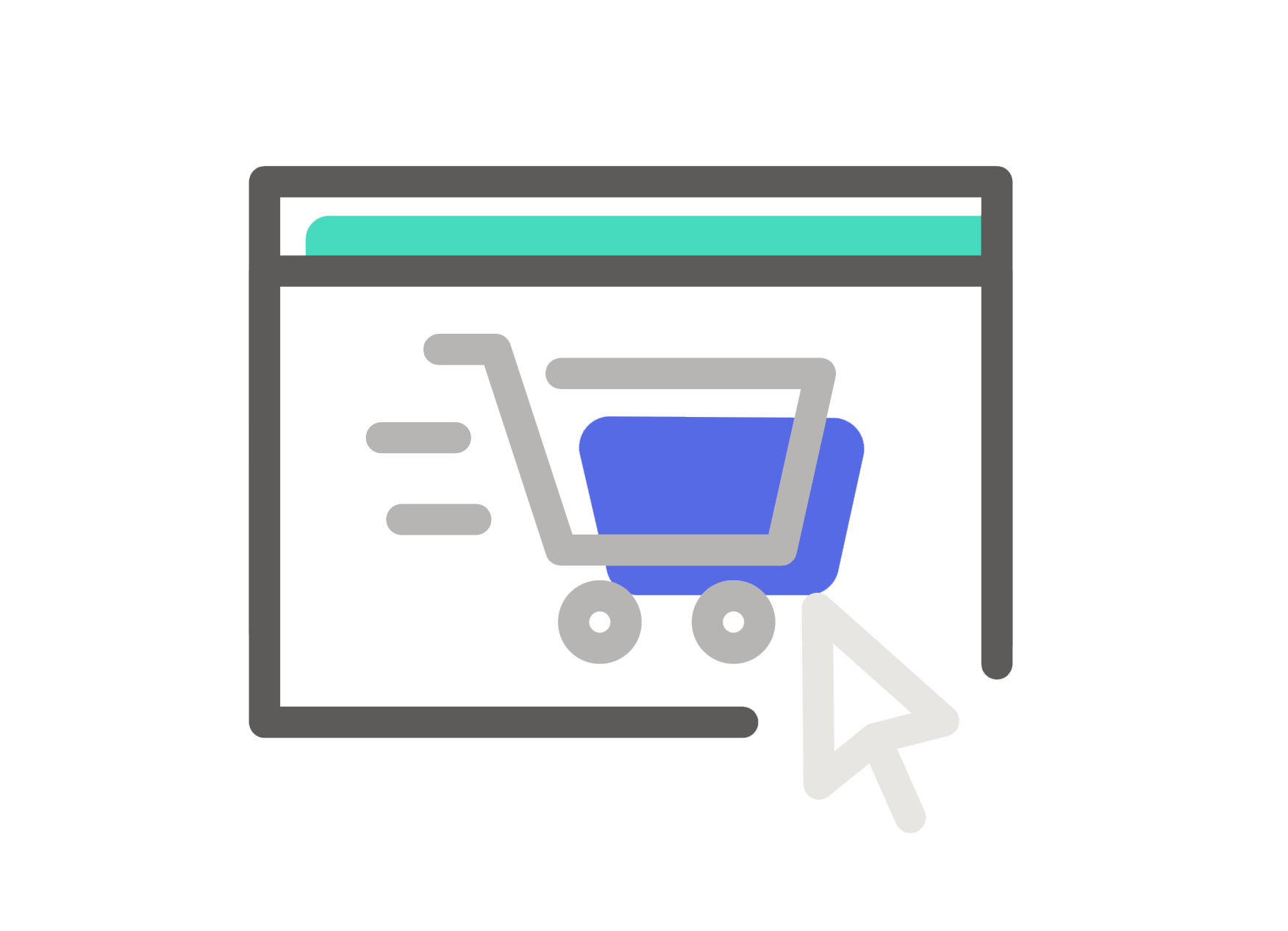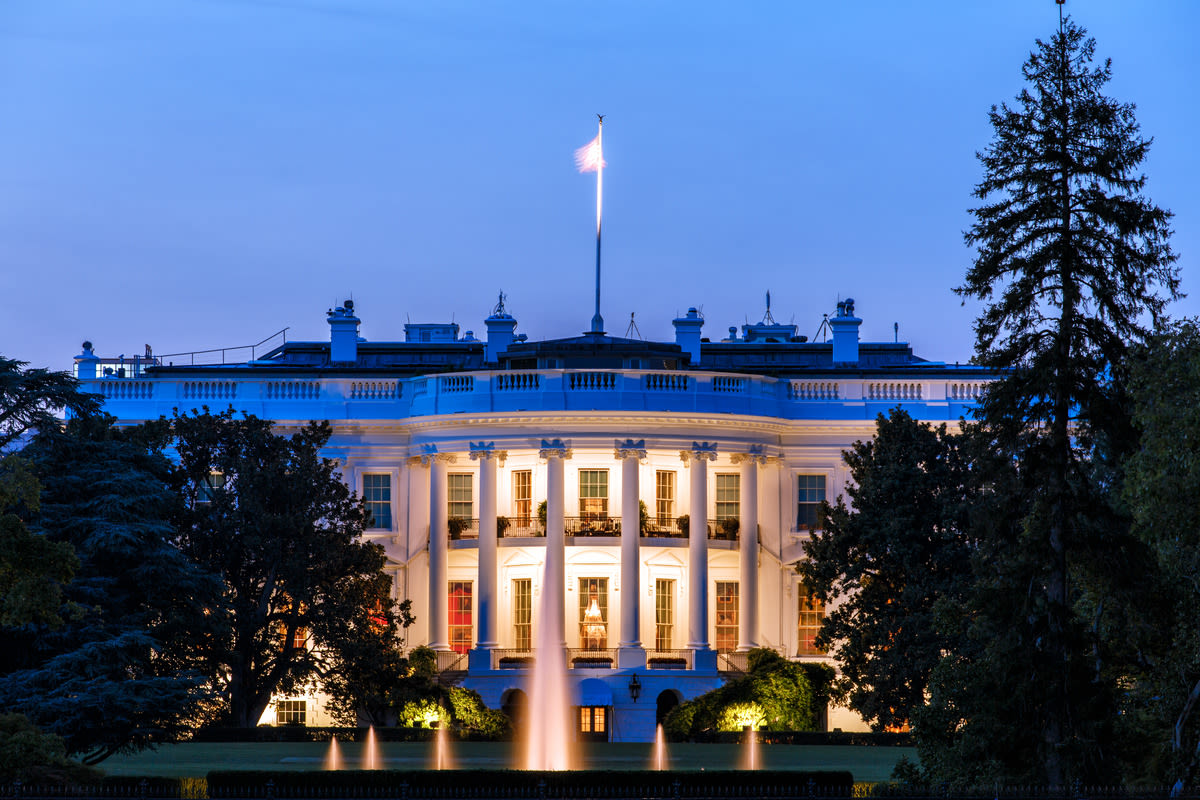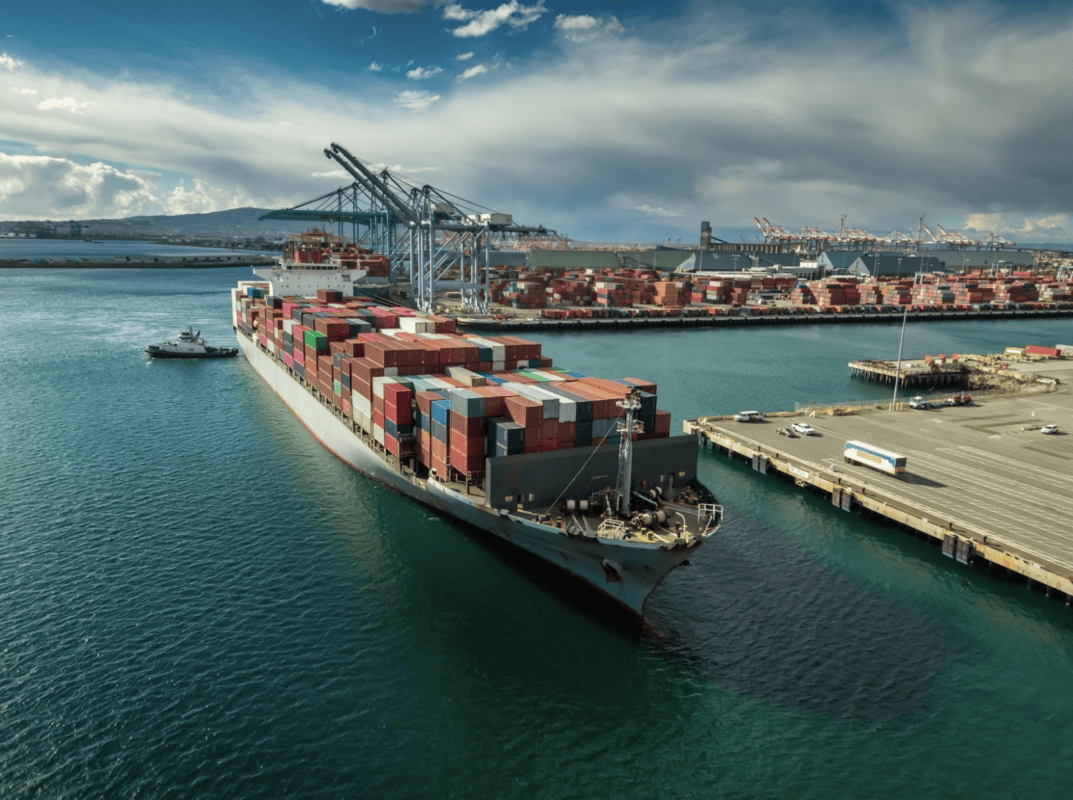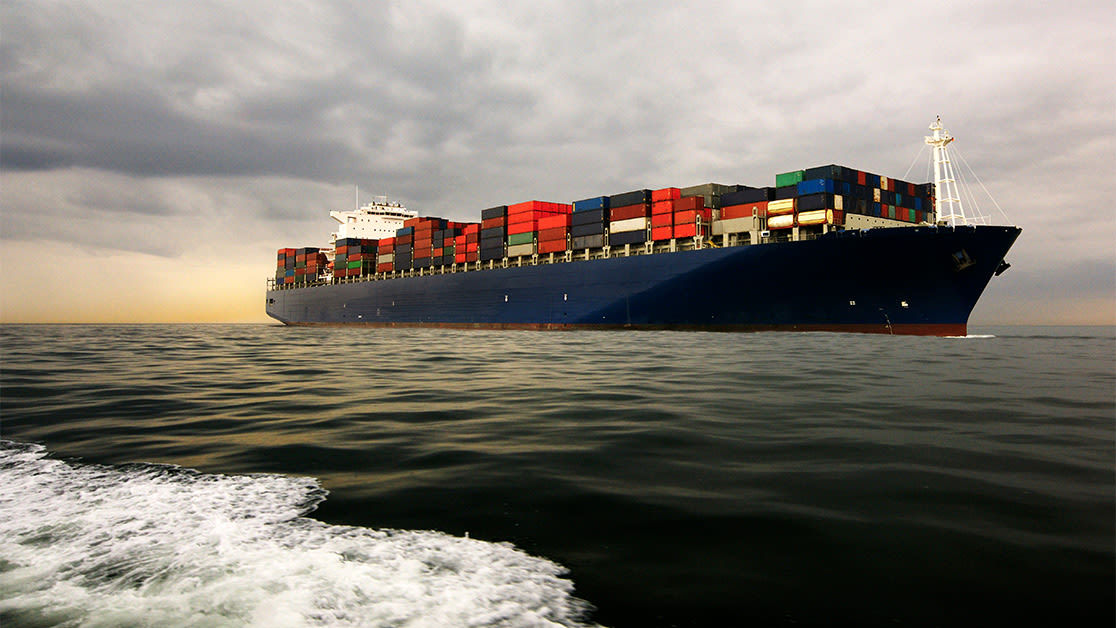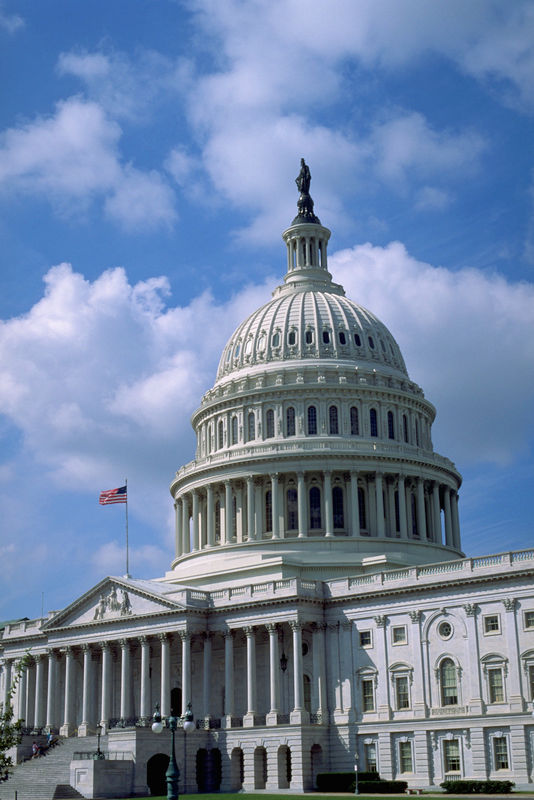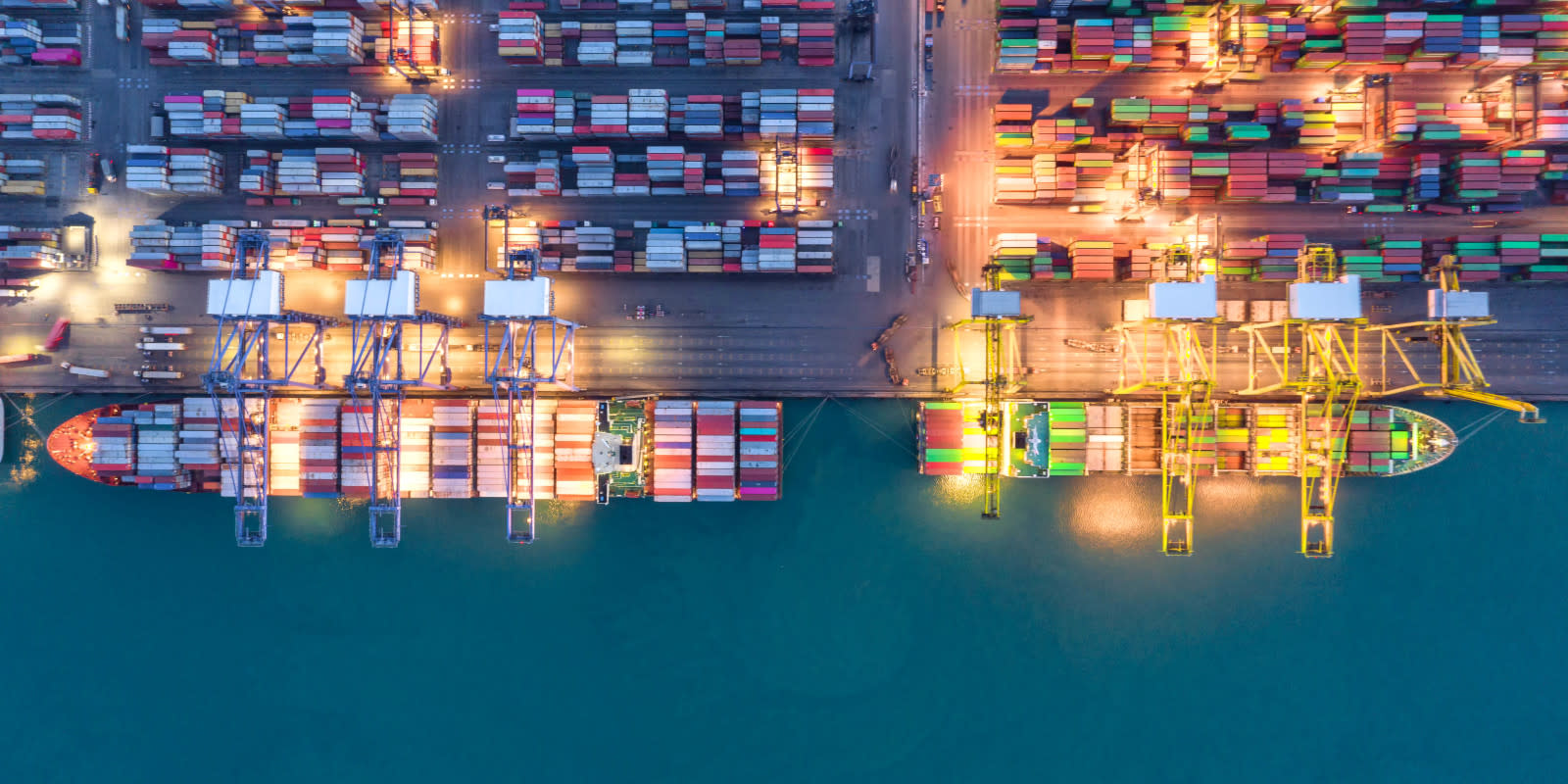
September 12, 2022
Ryan Tanner Brings Top-Tier Export Expertise to Flexport’s Customers
Tags:

Putting the Export in Flexport
Ryan Tanner is an industry veteran’s veteran—the sort of person who has seen it all. As anyone who has worked as a customs broker will tell you, on-the-ground and hard-won experience is the prerequisite to credibly claiming customs expertise. Over a career spanning more than 15 years in international trade, Ryan has earned his reputation as a technical expert and trusted advisor to importers and exporters alike–and he has the accreditations to prove it.
Ryan began his career as a customs entry writer in 2004, working at a small brokerage where he received a crash course in imports, exports, and operations. In the years since he has built his industry bona fides, working across functions and commodities to tackle the complexities of international trade from the customs, operations, regulatory, and management perspectives. Ryan has served in leadership positions on the Board of the Atlanta International Forwarders and Brokers Association (AIFBA) as both Secretary and Vice President, and currently supports the Export and Compliance subcommittees at the national level. In short, he has spent his career as the most successful folks in our industry do—committed to continuing education, industry engagement, and, above all, client service.
In 2021, Ryan decided to once again step up his technical expertise, trading in his nights and weekends for advanced coursework on export topics including compliance, logistics, free trade agreements, and international contracts. One year, one exam, one scholarly essay, and 60 hours of coursework later, Ryan joined the elite ranks of the nation’s export experts by earning his Master Export Specialist (MES) certification.
A bit more background (and a few additional acronyms) to know before we continue. The MES certification program is administered by the National Customs Brokers and Forwarders Association of America (NCBFAA), one of the U.S.’s oldest and most respected international trade organizations. The NCBFAA Educational Institute (NEI) represents the industry standard for continuing education, currently offering programs for Certified Customs Specialists (CCS), Master Customs Specialists (MCS), Certified Export Specialists (CES), and Master Export Specialists (MES).
So, just how big a deal is the MES certification? According to the NEI, “if compared to an academic degree, [the MES] would be analogous to the penultimate achievement of a master's level of proficiency.” Unlike your average master’s degree, however, fewer than 40 industry professionals have successfully attained the MES distinction since the program’s inception.
Exports as a Second Language
From the outside of the international trade business, deciphering customs terminology can feel like trying to interpret an unfamiliar language—one marked by a stream of confusing jargon, numerical codes, and an unending flow of acronyms. That’s why having a translator you can trust makes all the difference.
Even before completing his MES certification, Ryan’s credentials as a Licensed Customs Broker, Certified Customs Specialist and Certified Export Specialist–combined with his operations experience–made him something of a rarity in the industry. Customs professionals typically split into one of two camps: imports versus exports, with the spotlight almost always shining on the former. Ryan, however, aptly considers imports and exports as two sides of the same trade coin. As he puts it, “exports are just imports backwards—but with different acronyms.”
While the export side may not get the same ink as its revenue-generating counterpart, the dearth of attention has done little to tamper U.S. export growth. Last year, U.S. goods exports reached an all-time high with a value of $1.8 trillion. As Ryan puts it, “Being U.S.-based, we don’t always think of the U.S. as a major exporter. In reality, we are a massive exporter of complex commodities like energy, autos, and agriculture.”
As is the way in the world of customs, export procedures can vary by commodity, destination, or transaction–and the rules are always changing. Behind the scenes of that $1.8 trillion in U.S. exports, a legion of customs and trade compliance professionals work to keep goods moving while maintaining compliance with a complex web of government agencies and regulatory regimes. The parties, paperwork, classifications, and agencies involved in a given transaction are all identified by terms and acronyms distinct to the export world. All this complexity can mean confusion for novice and experienced traders alike. When businesses are ready to invest in expansion but lack the internal capacity to manage export compliance, trusted advisors like Ryan are invaluable to implementing and maintaining an effective export program.
Export to Expand: The Global Market is Waiting
Why does Ryan think it’s so important to be an export expert in the modern era? The opportunities—and potential risks—have never been greater.
Logistics is an ever-evolving landscape with new regulations and innovative systems that require industry experts to continuously adapt. The NEI MES course, and it's annual continuous education requirements, helps me maintain the level of expertise that clients have come to expect. I would recommend this and any other continuing education course, whether you are just beginning or are an industry veteran. There is always something more to learn.
- Ryan Tanner, Director of Compliance, Flexport

Exporting has the potential to unlock tremendous growth opportunities, particularly for small-to medium-sized businesses (SMBs). Today, SMBs account for almost 98 percent of U.S. exporters, represented at last count by 166,384 exporting companies. The Biden administration has continued long-standing federal policies dedicated to export promotion for small businesses, producing extensive public guidance for new and existing exporters alike.
For anyone interested in exploring existing export resources, the U.S. Small Business Administration’s Office of International Trade and the International Trade Administration’s U.S. Commercial Service are great places to start.
With 96 percent of the world’s population and two-thirds of the world’s purchasing power located outside the United States, selling into foreign markets opens U.S. companies to a broader customer base and generates greater profit opportunities. On average, exporting businesses not only grow faster but are 8.5 percent less likely to fold than companies that only sell domestically.
Flexport’s platform helps U.S. companies optimize their export operations. By providing a single source of truth for logistics that includes end-to-end shipment visibility, centralized communications, and document management—Flexport empowers its exporting clients to manage what matters most to their business.
You Don’t Have to be a Master Export Specialist, but it Helps to Know One
Having the right partner to identify opportunities for expansion into foreign markets, and navigate the associated risks, is a vital element to a successful export program. Whether you are already an established exporter or are ready to consider exporting for your business, Flexport has the tools to help you grow.
Reach out to our team of experts to learn more and start taking advantage of expert knowledge like Ryan’s.
About the Author

Related content
Logistics is ever-evolving with new regulations and systems that require experts to continuously adapt. The NEI MES course, and its annual continuous education requirements, helps me maintain the level of expertise that clients have come to expect.
Ryan Tanner
Director of Compliance, Flexport
![Ryan tanner headshot]()
